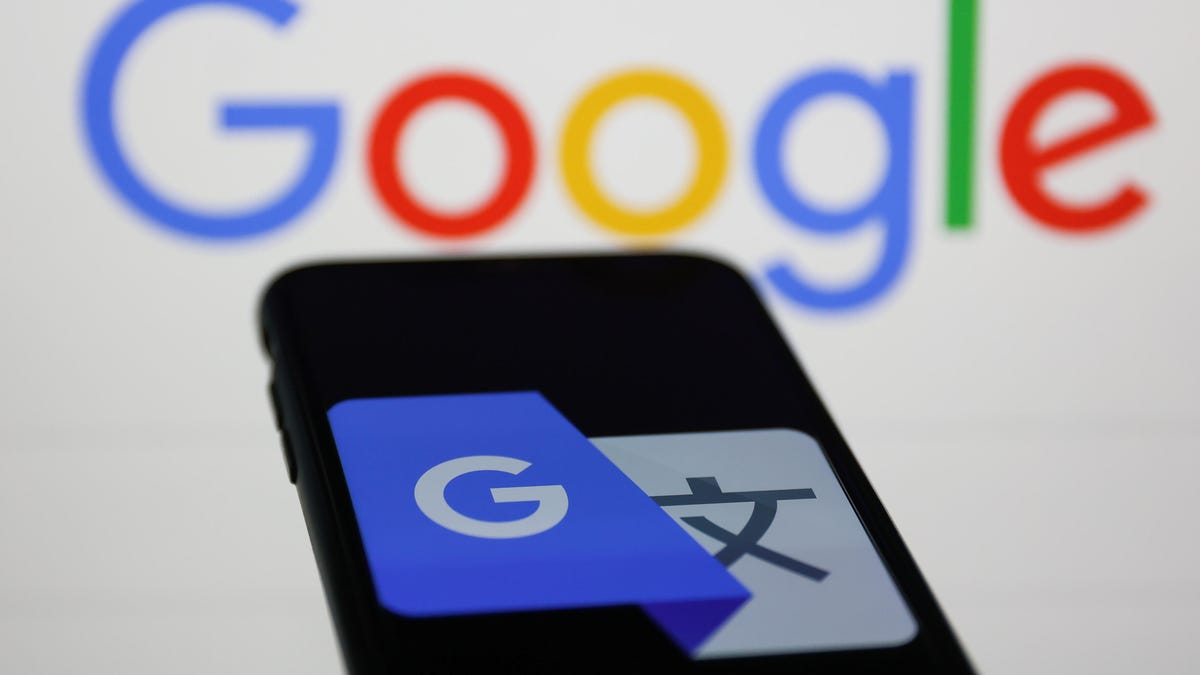
Google Translate is adding 110 new languages, the platform’s largest expansion to date, the company said Thursday, representing nearly a tenth of the world’s population. And it’s all thanks to AI advancements.
The search giant’s PaLM 2 language model has been “helping Translate more efficiently learn languages that are closely related to each other,” Google software engineer Isaac Caswell said in a release. That includes “languages close to Hindi, like Awadhi and Marwadi, and French creoles like Seychellois Creole and Mauritian Creole.”
Other new languages include Afar, Cantonese and Tamazight (Amazigh). Google says the new languages represent more than 614 million people, or around 8% of the world’s population. Around a quarter of them are from Africa, making this the largest expansion of African languages on Google Translate so far.
If a language has regional varieties and dialects, Google’s language models make a hybrid version by combining different elements. The company says it prioritizes “the most commonly used varieties of each language.
“For example,” the company notes, “Romani is a language that has many dialects all throughout Europe. Our models produce text that is closest to Southern Vlax Romani, a commonly used variety online. But it also mixes in elements from others, like Northern Vlax and Balkan Romani.”
In 2022, Google added 24 new languages to Translate using what’s called Zero-Shot Machine Translation, in which a machine learning model can translate into another language without seeing an example. It also introduced the 1,000 Languages Initiative, which aims to build AI models to support the 1,000 most spoken languages.
“As technology advances, and as we continue to partner with expert linguists and native speakers, we’ll support even more language varieties and spelling conventions over time,” Caswell said in the release.
You can access Google Translate at translate.google.com, or via the Android and iOS mobile apps.
Google is one of many tech companies leveraging AI to boost its offerings. It’s incorporated the tech into platforms like Gmail, Search and Messages, and made AI the primary focus of its I/IO event in May. Competitors like Apple and Microsoft have similarly woven AI into their products and services, with Apple earlier this month unveiling a suite of “Apple Intelligence” updates coming to the iPhone.
Read more: AI Was Google’s Biggest ‘Product’ at I/O. Tech Keynotes Will Never Be the Same